Your Guide to IVF Treatment in Mexico
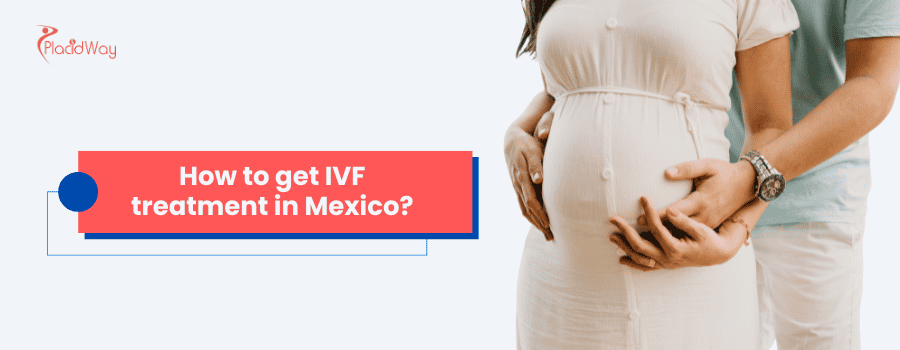
For couples facing infertility, IVF treatment can be a beacon of hope. Mexico has become an increasingly popular destination for in vitro fertilization (IVF) due to its high-quality clinics, experienced fertility specialists, and affordable prices. If you’re considering IVF in Mexico, it’s essential to understand the process, what to expect, and how to prepare to make the most of your journey toward parenthood.
This comprehensive guide will walk you through everything you need to know about getting IVF treatment in Mexico, from choosing the right fertility clinic to navigating your medical travel and understanding post-treatment care.
Why Choose Mexico for IVF Treatment?
Mexico stands out as a destination for fertility treatments for several reasons:
- Affordable IVF Treatment in Mexico: IVF costs can be significantly lower than in the U.S., Canada, or Europe, often saving patients 50-70% without sacrificing quality.
- Experienced Fertility Specialists: Many Mexican clinics employ board-certified reproductive endocrinologists and embryologists with international training.
- Advanced IVF Clinics: State-of-the-art laboratories and equipment ensure high success rates comparable to those in top global centers.
- Convenient Location: For North American patients, Mexico offers easy access with numerous direct flights and minimal time zone changes.
- Patient-Centered Care: Many clinics provide personalized treatment plans, bilingual staff, and support throughout the process.
Using trusted platforms like PlacidWay helps patients connect with the best fertility clinics in Mexico, ensuring transparency and support throughout their IVF journey.
Step 1: Research and Select a Reputable IVF Clinic in Mexico
Choosing the right clinic is crucial to your success. When researching clinics, consider:
- Credentials of Doctors and Staff: Verify that fertility specialists are board-certified and experienced in IVF and related treatments.
- Clinic Accreditation: Look for labs accredited by international bodies such as the College of American Pathologists (CAP) or the College of Reproductive Biology (CRB).
- Success Rates: Reliable clinics publish success rates based on age groups and diagnosis.
- Patient Reviews and Testimonials: Real patient stories provide insight into care quality and patient satisfaction.
- Treatment Options: Some clinics offer additional services such as egg or sperm donation, genetic testing, or fertility preservation.
- Cost Transparency: Understand what is included in the price and watch out for hidden fees.
Step 2: Schedule an Initial Consultation
Once you narrow down your options, schedule a consultation with your chosen clinic. Many clinics offer virtual consultations for international patients. During this appointment, you’ll discuss:
- Your medical history and infertility diagnosis.
- Suitable IVF protocols and additional fertility treatments.
- IVF success rates related to your specific case.
- Pre-treatment tests you need to complete.
- Expected costs and payment plans.
- Travel and accommodation arrangements if you’re traveling from abroad.
Step 3: Complete Pre-IVF Testing and Prepare Your Body
Before starting IVF cycles, patients undergo a series of tests to assess fertility health, including:
- Hormone level checks (FSH, AMH, LH, prolactin).
- Ultrasound exams of the ovaries and uterus.
- Semen analysis for male partners.
- Infectious disease screening.
- Genetic testing if recommended.
To improve your chances of success, focus on:
- Maintaining a healthy diet and weight.
- Avoiding smoking, excessive alcohol, and recreational drugs.
- Managing stress through relaxation techniques.
- Following any medication instructions from your fertility specialist.
Step 4: Understand the IVF Treatment Process
IVF treatment typically involves several key steps:
- Ovarian Stimulation: Hormonal injections stimulate the ovaries to produce multiple eggs.
- Egg Retrieval: Eggs are collected using a minimally invasive procedure under sedation.
- Fertilization: Retrieved eggs are fertilized with sperm in the lab to create embryos.
- Embryo Culture: Embryos grow in a controlled environment for several days.
- Embryo Transfer: The healthiest embryos are transferred to the uterus.
- Pregnancy Test: After 10-14 days, a blood test determines if implantation was successful.
Each patient’s protocol may vary, and your fertility clinic will customize your treatment accordingly.
Step 5: Plan Your Medical Travel and Stay in Mexico
If you’re traveling internationally for IVF:
- Book flights and accommodations well in advance.
- Choose lodging close to the clinic to ease transportation during your treatment.
- Arrange airport transfers and local transportation.
- Prepare for multiple visits to the clinic, especially around egg retrieval and embryo transfer.
- Consider travel insurance that covers medical treatments abroad.
Many fertility clinics offer medical tourism packages or work with Medical Tourism facilitator like PlacidWay to provide all-inclusive IVF treatment plans, including accommodation and transportation, simplifying your trip.
Step 6: Post-IVF Care and Monitoring
After embryo transfer, rest and proper care are essential:
- Follow your doctor’s recommendations on physical activity and diet.
- Avoid strenuous exercise and heavy lifting.
- Take prescribed medications such as progesterone supplements.
- Attend follow-up appointments for blood tests and ultrasounds.
- Manage emotional health, as IVF can be stressful.
If the pregnancy test is positive, your fertility specialist will guide you through early pregnancy monitoring.
What Are the Success Rates of IVF in Mexico?
Success rates vary depending on factors like age, diagnosis, and clinic expertise. Top IVF clinics in Mexico report pregnancy rates similar to those in the U.S., ranging from:
- Around 40-50% for women under 35.
- 30-40% for women aged 35-40.
- Lower but still significant chances for women over 40.
Choosing an experienced clinic and following pre- and post-treatment guidance can improve your chances of success.
What Are the Costs of IVF Treatment in Mexico?
IVF treatment cost in Mexico is generally 50-70% less than in many Western countries. Typical price ranges are:
- $4,000 to $7,000 per IVF cycle.
- Additional costs for medications, genetic testing, or donor services.
- Package deals often reduce overall expenses.
Compared to costs upwards of $12,000-$15,000 per cycle in the U.S., Mexico offers affordable options without compromising quality.
How Can PlacidWay Help You Get IVF Treatment in Mexico?
Navigating international fertility treatment can be overwhelming. PlacidWay simplifies this by:
- Connecting you with the best IVF clinics in Mexico that are accredited and have high success rates.
- Providing transparent pricing and customizable IVF packages.
- Assisting with travel logistics, accommodation, and translator services.
- Offering patient reviews and expert advice to help you make informed decisions.
- Supporting you before, during, and after your treatment.
With PlacidWay, your IVF journey in Mexico becomes a smooth, supported experience focused on achieving your dream of parenthood.
Ready to Start Your IVF Journey in Mexico?
If you’re considering affordable, high-quality IVF treatment in Mexico, visit PlacidWay today. Explore top fertility clinics, compare treatment options, and connect with expert specialists who can guide you every step of the way.
Your path to parenthood begins here — with trusted care and support tailored to you.


.png)



.png)
.png)

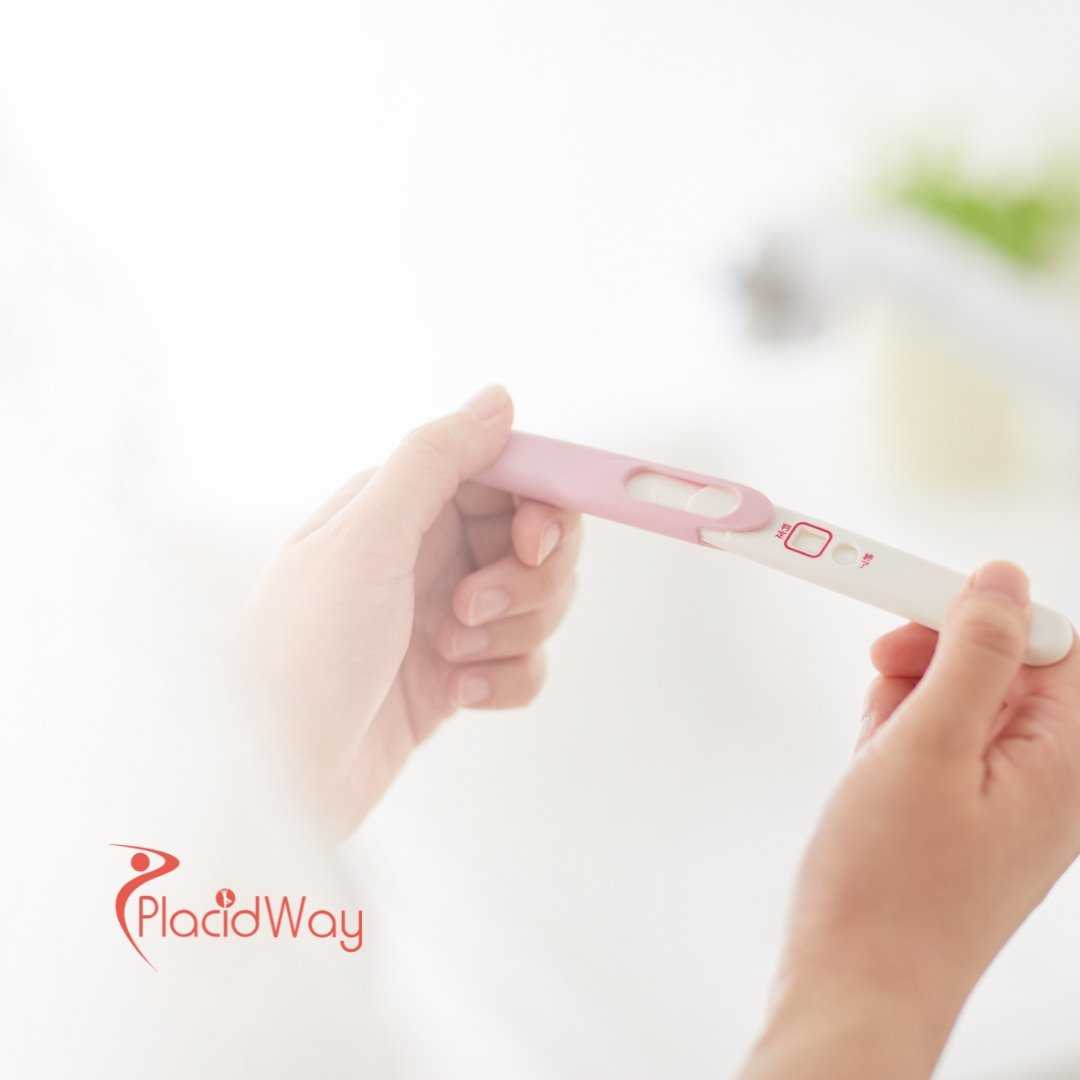
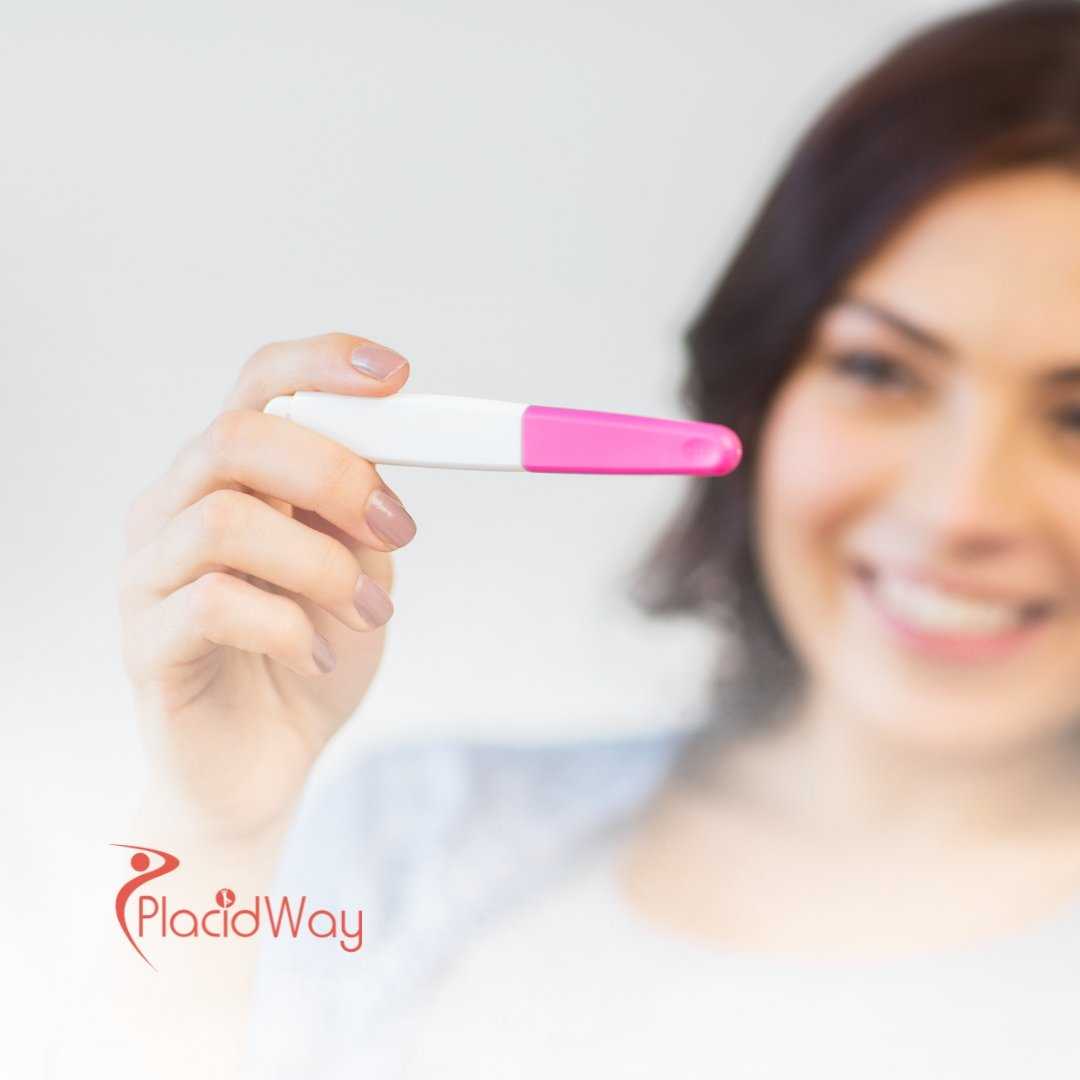

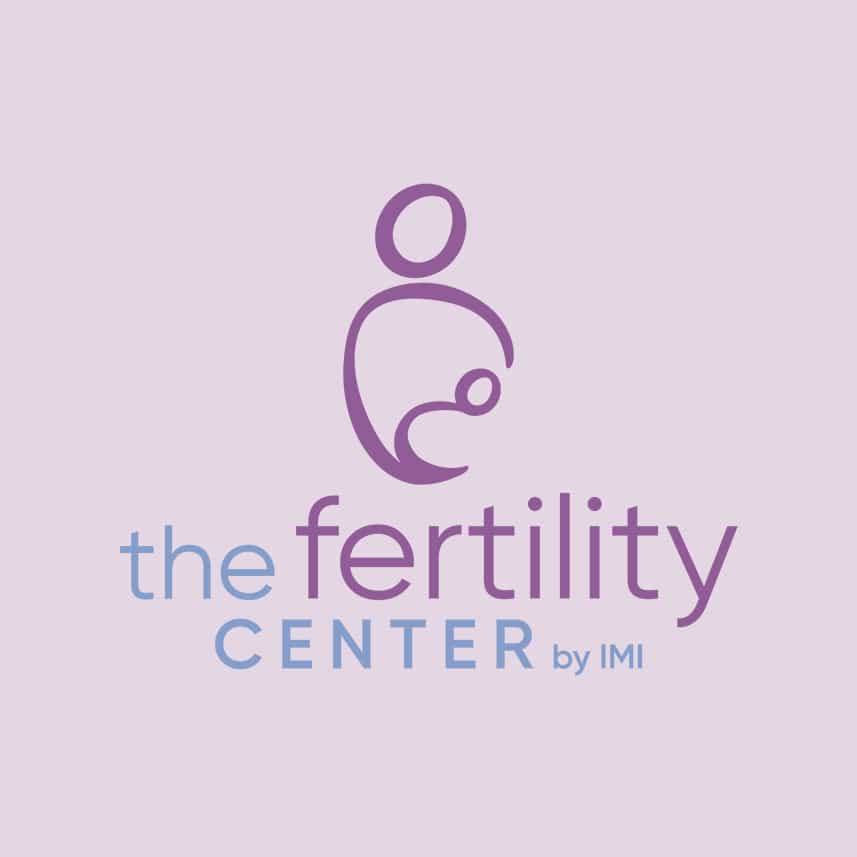
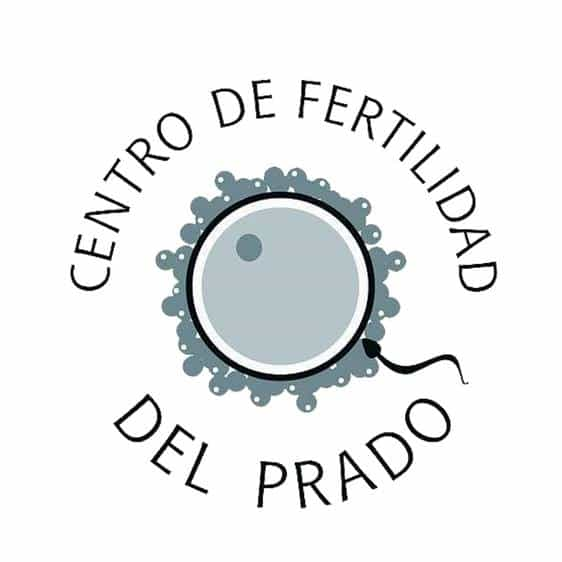



Share this listing